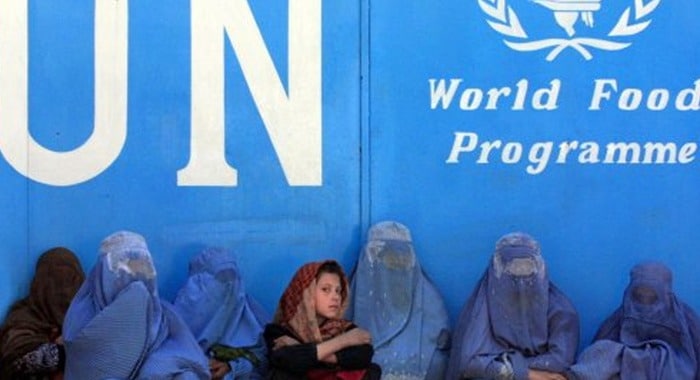Afghanistan is facing a “deep human rights crisis” as the Taliban dismantles legal protections and enforces systemic gender oppression, UN Special Rapporteur on the situation of human rights in Afghanistan, Richard Bennett, warned in a powerful address to the 59th session of the UN Human Rights Council today. Presenting his latest report, Bennett said the Taliban is “instrumentalizing the legal and justice sectors” to entrench an institutionalized system of discrimination, persecution, and domination, particularly targeting women and girls. The report emphasizes that the regime’s actions amount to crimes against humanity and describes the situation as one of “gender apartheid.”
“The institutionalized and ideological nature of the Taliban’s abuses is most accurately described as gender apartheid,” Bennett stated, urging the international community to take decisive steps, including recourse to the International Court of Justice and continued support for the International Criminal Court’s (ICC) investigations. ICC arrest warrants have reportedly been issued against senior Taliban officials for gender-based persecution.
The report details the erosion of rights since the Taliban’s return to power in 2021, with a particular focus on women and girls, who are facing sweeping restrictions on movement, education, employment, healthcare, and public participation. Girls have now been banned from secondary education for over 534 days, and women have been barred from universities for 78 days—making Afghanistan the only country in the world where women are effectively excluded from formal education.
Women are prohibited from traveling more than 75 kilometers without a male guardian, and are banned from public spaces such as parks, restaurants, and bathhouses. The ban on female NGO workers has further intensified the humanitarian crisis, with 28 million Afghans currently in need of aid.
Bennett also highlighted the Taliban’s restructuring of the Afghan judicial system, which has seen the dismissal of all judges appointed under the previous government, including approximately 270 female judges. These have been replaced by Taliban-affiliated individuals, many lacking formal legal education and experience. The Attorney General’s Office has been abolished, and women are no longer allowed to register as lawyers, effectively excluding them from the legal system entirely.
“The Taliban’s policies are designed to erase the autonomy of women, girls, and gender minorities,” Bennett told the Council. “Their interpretation of Sharia is neither fundamentally nor practically aligned with Islamic teachings.”
The Special Rapporteur called for the creation of a complementary international mechanism to bolster accountability efforts, and underscored the need for a human rights-centered, “all tools” approach that amplifies the voices of Afghan women.
“Normalization of the de facto authorities is premature until fundamental rights are restored and gender-based oppression ends,” he stressed.
The report serves as a stark warning to the global community, urging renewed and coordinated international action to address the worsening human rights situation in Afghanistan under Taliban rule.





